
Understanding Mineral Supplementation in Equine Diets
Horses need a variety of minerals in their diet to support basic system function and overall health. Find out how to be sure your horse is getting them.

Horses need a variety of minerals in their diet to support basic system function and overall health. Find out how to be sure your horse is getting them.

An equine nutritionist answers a reader question about how her horse’s diet might play a role in his poor coat quality and hair loss.

Can feeding copper help darken a horse’s coat and prevent sun-bleaching? Learn more about this important trace mineral.
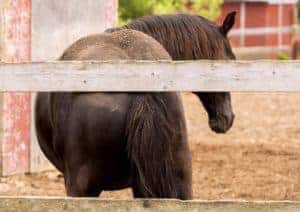
Do you have a horse with flaky skin and a dry mane and tail? The right feed might help.

Learn why this antioxidant is important for muscle health and how to supplement it safely.

Vitamins and minerals comprise a small portion of the horse’s diet by weight, but their importance is enormous. Learn more about when supplementation might be needed.
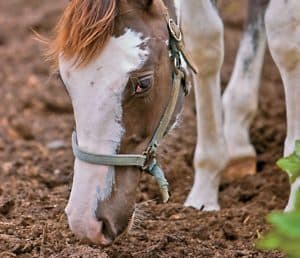
Decipher fact vs. fiction when it comes to the complicated world of feeding horses.
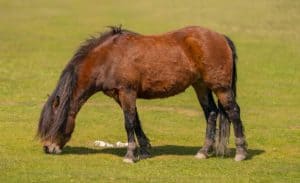
Find out how your horse’s diet could support shedding and his incoming summer coat.
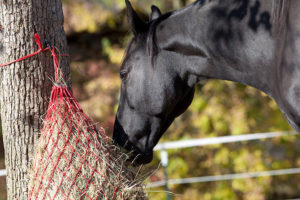
Get tips for ensuring your horse gets the nutrition she needs without eating all your money.

Find out how you can influence your horse’s behavior through feed management and ingredients.

Here’s a look at what hair analysis and bloodwork each can tell you about your horse’s nutritional health.

Horses need the essential nutrient vitamin E for proper muscle and cell function. Here’s how you can be sure you’re meeting their requirements.

Is your hay more than 6 months old? Then it might be losing vitamin A and E.
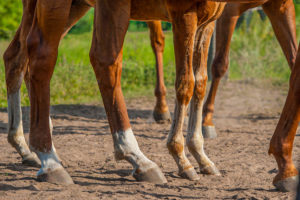
Two equine nutritionists shed light on the do’s and don’ts of feeding your horse to promote strong and healthy hooves.

One equine nutritionist explains why mineral blocks might not be ideal for mules, and what can replace them.
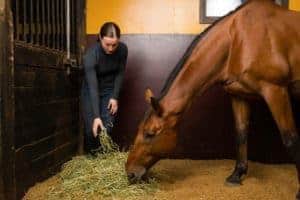
Discover how your horse’s diet plays an important role in optimizing his performance and recovery.
Stay on top of the most recent Horse Health news with
© 2022 Copyright Statement dolor sit amet, consetetur sadipscing User Terms, sed diam nonumy eirmod tempor invidunt ut labore et dolore magna aliquyam erat, sed diam voluptua. At vero eos et accusam et justo duo dolores et ea rebum. Stet clita kasd gubergren, no sea takimata sanctus est Lorem ipsum dolor sit amet.
"*" indicates required fields